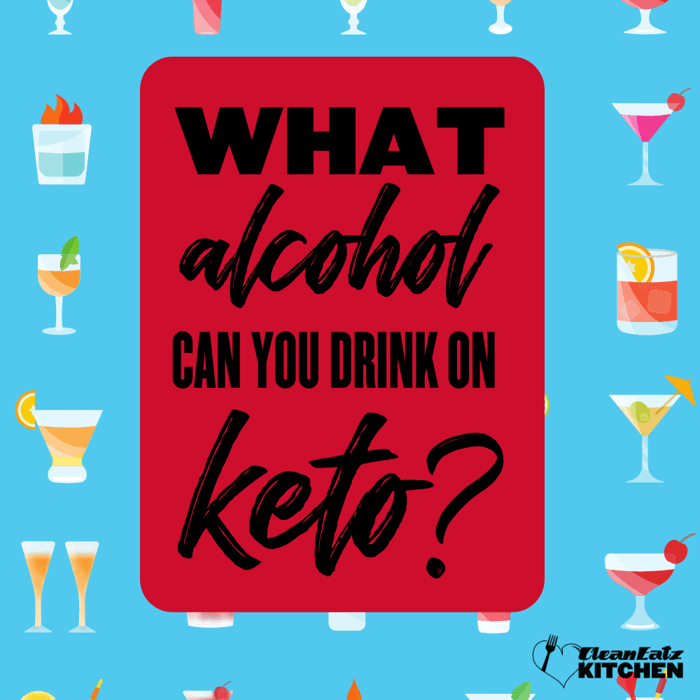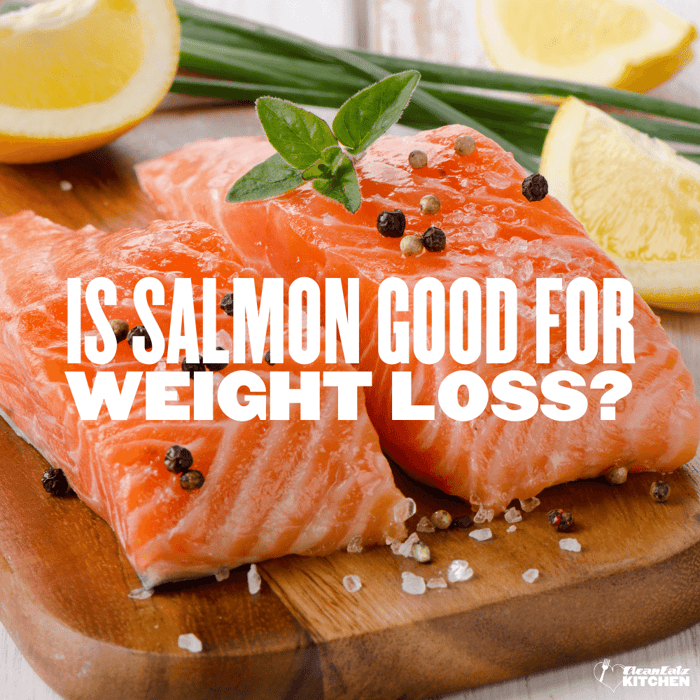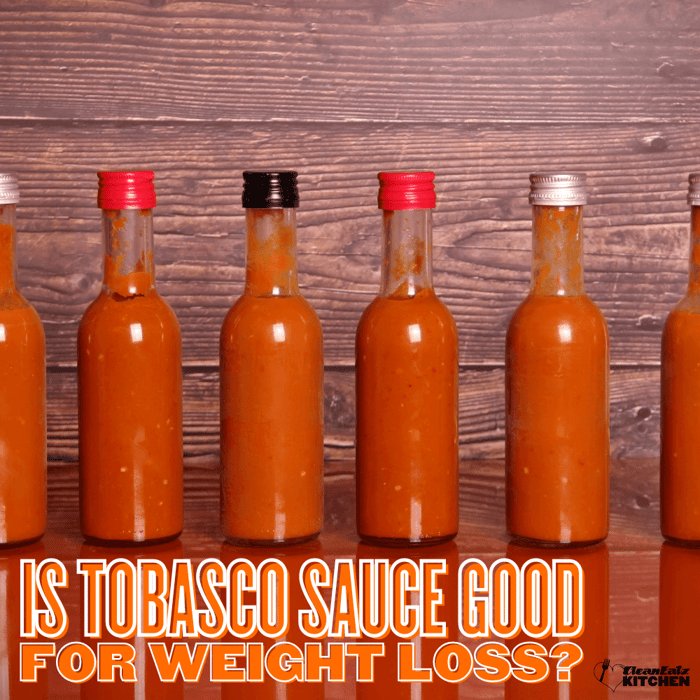What Alcohol Can You Drink on Keto? Low-Carb Picks

Diana Ketchen, CNHC, CPT, NS
Nutrition
|
Healthy Lifestyle
11/07/2025 1:07pm
12 minute read
Quick Answer: Zero-carb spirits (vodka, gin, tequila, rum, whiskey at 80-proof) and dry wines (~3-4g carbs per 5 oz) are your best bets on keto. Light beers work too (~3g per 12 oz), while regular beer and sweet wines pack too many carbs. Mix spirits with soda water, diet mixers, or citrus—and remember, your liver burns alcohol first, temporarily slowing fat burning. Keep it moderate and plan ahead.
Table of Contents
Can You Really Drink on Keto?
Let's get one thing straight: following a keto diet doesn't mean you have to become a teetotaler. I've worked with countless clients who worry that their social life is over the moment they start eating low-carb. The good news? You absolutely can enjoy a drink while staying in ketosis—you just need to be strategic about it.
Here's the thing most people don't realize: it's not just about the carbs in your glass. Sure, that matters, but there's a bigger metabolic picture at play. When alcohol enters your system, your liver essentially hits the pause button on everything else—including fat burning and ketone production—to deal with what it sees as a toxin. That's why understanding how alcohol interacts with ketosis is crucial if you want to make informed choices.
This guide will walk you through everything: which drinks keep you on track, how to navigate social situations without derailing your progress, and the science behind why that glass of wine affects you differently when you're in ketosis. Let's dive in.
Why Alcohol Affects Ketosis (And Your Progress)
Your Liver's Priority System
Your liver is basically your body's multitasking champion—it handles everything from producing ketones to metabolizing nutrients. But when alcohol shows up, everything else gets pushed to the back burner. Research shows that alcohol takes metabolic priority, meaning your liver stops burning fat and producing ketones until it clears the alcohol from your system.
Think of it like this: your liver is working the drive-through window, and alcohol just cut to the front of the line. Fat burning? That order's on hold. Ketone production? Also waiting. This doesn't mean you're kicked out of ketosis entirely (especially if you choose zero-carb options), but it does mean your progress is temporarily paused.
The Calorie Factor Nobody Talks About
Here's what catches people off guard: alcohol contains 7 calories per gram—that's nearly as calorie-dense as fat (which has 9 calories per gram). Even if you're sipping zero-carb vodka sodas, those calories count. A standard drink contains about 14 grams of alcohol, which translates to roughly 98 calories before you even add mixers.
The kicker? These are completely empty calories. No vitamins, no minerals, no fiber—just energy that your body will prioritize burning before it touches your stored fat. If weight loss is your goal, those drinks can slow things down even when they're technically "keto-friendly."
The Tolerance Shift
This one surprises almost everyone: you'll probably feel the effects of alcohol faster and stronger on keto. When you're following a keto meal plan, your body stores minimal glycogen (the carbohydrate stores in your muscles and liver). Normally, carbs help slow alcohol absorption and reduce blood alcohol levels. Without that buffer, alcohol hits your bloodstream quicker.
Translation? Your usual two-drink limit might need to become a one-drink limit. This isn't necessarily a bad thing—it means you can enjoy a social drink without overindulging—but it's crucial to know before you find yourself three sheets to the wind after half a glass of wine.
Keto Alcohol Carb Guide
Not all alcoholic beverages are created equal when it comes to carbs. Here's your complete breakdown of what fits and what doesn't:
| Drink Type | Serving Size | Carbs | Keto Rating |
|---|---|---|---|
| Spirits (80-proof) | 1.5 oz | ~0g | ✓ Excellent |
| Dry wine (red/white) | 5 oz | 3-4g | ✓ Good |
| Brut champagne/sparkling | 5 oz | 3-4g | ✓ Good |
| Light beer | 12 oz | ~3g | ✓ Acceptable |
| Regular beer | 12 oz | 12-13g | ✗ Avoid |
| Sweet wines/liqueurs | 5 oz | 5-10g+ | ✗ Avoid |
| Sugary cocktails | Varies | 15-30g+ | ✗ Avoid |
Standard drink reference: One standard drink equals 14g of alcohol—that's 12 oz of beer (5% ABV), 5 oz of wine (12% ABV), or 1.5 oz of spirits (40% ABV).
Best Alcoholic Drinks for Keto
The Zero-Carb Champions: Spirits
Vodka, gin, tequila, rum, and whiskey are your MVPs. At 80-proof (40% alcohol), these contain virtually zero carbs. The catch? They're also about 96 calories per shot, and you need to watch your mixers like a hawk. A vodka tonic sounds innocent until you realize that tonic water has as much sugar as regular soda. More on mixers in a minute.
Wine: The Social Sipper's Friend
Dry wines are surprisingly keto-friendly. A 5-ounce pour of dry red or white wine typically contains 3-4 grams of carbs—totally manageable if you're tracking your intake. Look for these styles:
- Dry whites: Sauvignon blanc, pinot grigio, chardonnay (unoaked)
- Dry reds: Cabernet sauvignon, merlot, pinot noir
- Sparkling: Brut or extra-brut champagne and prosecco
Pro tip: When ordering at a restaurant, ask for "dry" wines and stick to the 5-ounce serving. Wine pours at restaurants can be generous, and you might be getting 7-8 ounces without realizing it.
Light Beer: It Can Work
If you're a beer person, light beers can fit with about 3 grams of carbs per 12-ounce serving. Brands vary, so check the label or website. Just don't fool yourself into thinking regular craft IPAs will work—most pack 12-15+ grams per bottle.
Smart Mixers & Keto Cocktail Ideas
This is where most people sabotage themselves. You order a "vodka cranberry" thinking it's fine, and suddenly you've consumed 20+ grams of sugar. Here's your mixer playbook:
The Green Light List
- Soda water or seltzer (zero everything)
- Diet sodas or zero-sugar mixers (if artificial sweeteners don't bother you)
- Unsweetened iced tea or cold brew coffee
- Fresh citrus wedge or peel for flavor
- Bitters (just a dash—they're concentrated)
The Red Light List
- Regular soda and tonic water
- Fruit juices (yes, even "healthy" ones)
- Sour mix or simple syrup
- Energy drinks (most are loaded with sugar)
- Cream liqueurs like Baileys or Kahlúa
Easy Keto Cocktail Recipes
Vodka Lemon Sparkler: 1.5 oz vodka + soda water + squeeze of fresh lemon + ice
Tequila Lime Refresher: 1.5 oz tequila + soda water + lime wedge + pinch of salt
Gin & Tonic (Keto Style): 1.5 oz gin + diet tonic or soda water + lime + fresh cucumber
Whiskey Citrus: 1.5 oz whiskey on ice + orange peel twist
"Skinny" Paloma: 2 oz tequila + soda water + squeeze of fresh grapefruit + salt rim
Your Keto-Friendly Drinking Strategy
Eat First
Never drink on an empty stomach—especially on keto. Pair your drinks with protein and fiber-rich foods. If you're following one of Clean Eatz Kitchen's meal plans, have a full meal before heading out. The protein and healthy fats will slow alcohol absorption and help you avoid those late-night food decisions you'll regret.
Hydrate Aggressively
Both keto and alcohol are diuretic, meaning they increase fluid loss. This double-whammy can leave you dehydrated fast. Alternate every alcoholic drink with a full glass of water or seltzer. On hot days or after workouts, consider adding electrolytes to your water to replace what you're losing.
Plan Your Snacks
Alcohol loosens inhibitions and can trigger cravings. Have a game plan before you start drinking. If you know you'll want to snack, prep some keto-friendly options ahead of time—string cheese, pepperoni, nuts (measured portions!), or veggie sticks with guacamole.
Track Those Calories
Remember: alcohol contributes about 7 calories per gram. Even zero-carb drinks add up. If you're trying to lose weight, those calories need to fit into your daily target. A couple of drinks can easily add 200-300 calories to your day—that's significant when you're working with a deficit.
Common Mistakes to Avoid
Mistake #1: Assuming "Low-Carb" Means "Free Pass"
Just because a drink has zero carbs doesn't mean it won't affect your progress. Your body still needs to metabolize that alcohol, which temporarily halts fat burning. If fat loss has stalled, alcohol is often the culprit—even when it's technically keto-approved.
Mistake #2: Not Adjusting for Lower Tolerance
I can't stress this enough: you will likely get tipsy faster on keto. What used to be a moderate amount might now leave you impaired. Start with less than you think you need, and give it time to hit before having another. And please, don't drive—your usual limits no longer apply.
Mistake #3: Forgetting About Mixers
That "vodka something" you ordered at the bar? Unless you specifically asked for soda water or diet mixer, it probably came with regular tonic, juice, or soda. Always, always specify your mixer. Don't be shy about it—your bartender has heard weirder requests.
Mistake #4: Drinking When You're Just Starting Keto
If you're in your first week or two of keto and still adapting (dealing with "keto flu"), skip the alcohol entirely. Your body is already stressed from the metabolic shift. Adding alcohol to the mix can worsen symptoms and slow your adaptation. Give yourself at least 2-3 weeks of solid keto eating before reintroducing drinks.
Mistake #5: Ignoring Blood Sugar Concerns
Alcohol can lower blood sugar levels, and when combined with keto's already-low glucose levels, this can be risky—especially if you take medications for diabetes or blood sugar control. If you have any medical conditions, talk to your doctor before drinking on keto.
Frequently Asked Questions
Will alcohol kick me out of ketosis?
Alcohol doesn't directly kick you out of ketosis through carbs (if you choose zero-carb options), but your liver prioritizes metabolizing alcohol over producing ketones. This temporarily pauses fat burning until the alcohol is cleared from your system. Small amounts of zero- or low-carb alcohol usually won't add many carbs, but they will slow your progress temporarily.
What are the best alcoholic drinks on keto?
The best keto-friendly alcoholic drinks are 80-proof spirits like vodka, gin, tequila, rum, and whiskey (approximately 0g carbs per 1.5 oz), dry wines with 3-4g carbs per 5 oz, and brut champagne or sparkling wine. Light beers can work with about 3g carbs per 12 oz, though regular beer should be avoided.
Are hard seltzers keto-friendly?
Many hard seltzers list 0-2g carbs per can, making them keto-friendly options. However, brands vary significantly, so always check the nutrition panel or brand website before drinking. Some varieties contain more carbs than others.
What wines are best for keto?
Dry wine styles are best for keto: brut or extra-brut sparkling wines, sauvignon blanc, chardonnay, pinot grigio, dry rosé, and dry red wines like cabernet, merlot, or pinot noir. Stick to 5 oz pours. Avoid off-dry, sweet, or dessert wines as they contain significantly more carbs.
Can I get drunk faster on keto?
Yes, many people report feeling intoxicated more quickly when following a keto diet. With depleted glycogen stores and very low carb intake, there's less to slow alcohol absorption. This means lower alcohol tolerance, so pace yourself and drink responsibly.
What mixers should I use with spirits on keto?
Use zero-carb mixers: soda water, seltzer, diet sodas or zero-sugar options, unsweetened iced tea, cold brew coffee, or just a citrus peel or wedge for flavor. Avoid regular soda, tonic water, juice, sour mix, simple syrup, and cream liqueurs.
Are there any safety concerns with alcohol on keto?
Yes. Alcohol can lower blood sugar, which combined with keto's already-low glucose levels may increase hypoglycemia risk, especially if you take glucose-lowering medications. The combination also increases dehydration risk. Always drink in moderation, avoid driving, and consult your doctor if you have medical conditions or take medications.
Does alcohol have calories on keto?
Yes. Alcohol contains 7 calories per gram—almost as much as fat (9 cal/g). These are empty calories with no nutritional value. Even zero-carb drinks add calories that count toward your daily total, which can slow weight loss if you're not accounting for them.
The Bottom Line
Can you drink alcohol on keto? Absolutely. Should you drink it all the time? Probably not—especially if fat loss is your primary goal. The key is being strategic: choose zero-carb spirits or dry wines, use smart mixers, stay hydrated, and recognize that even keto-friendly drinks will temporarily pause your fat-burning progress.
Most importantly, listen to your body. If you notice your weight loss has stalled, your energy is tanking, or you're developing unhealthy drinking patterns, it's time to reassess. Keto is about optimizing your health and metabolism—alcohol should enhance your social life, not derail your progress.
Looking for an easier way to stay on track with your keto goals? Clean Eatz Kitchen's keto meal delivery takes the guesswork out of meal planning, with perfectly portioned, macro-balanced meals delivered to your door. When your nutrition is dialed in, the occasional drink won't derail you—it'll just be part of a balanced, sustainable lifestyle.
References:
- Lieber CS. Alcohol and the liver: metabolism of alcohol and its role in hepatic and extrahepatic diseases. National Institutes of Health
- National Institute on Alcohol Abuse and Alcoholism (NIAAA). What Is A Standard Drink?
- Centers for Disease Control and Prevention (CDC). Standard Drink Sizes
Related Articles
Is Salmon Good for Weight Loss?
11 minute read



